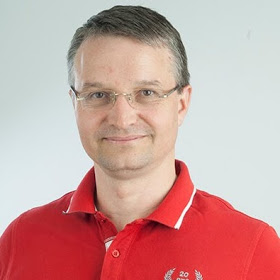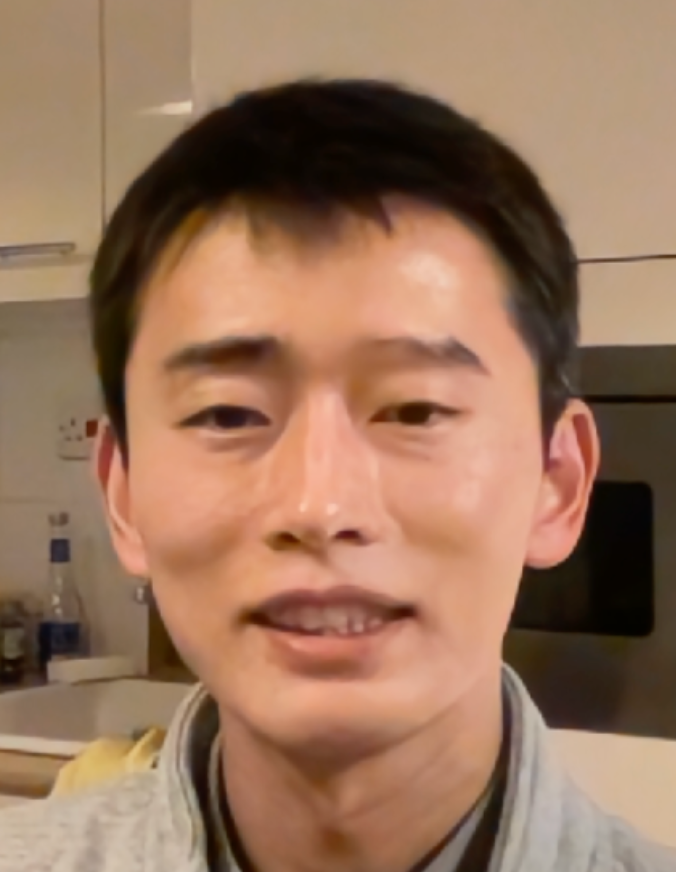Join us for the 5th workshop on Automated (Co)inductive Theorem Proving. Building on the success of previous editions - 1st in London (2013), 2nd in Gothenburg (2015), 3rd in Vienna (2016), and 4th in Amsterdam (2018) - this year’s workshop focuses on the latest advancements in both inductive and coinductive methods. This event is a pivotal platform for researchers and practitioners to explore challenges and innovations in computational verification, fostering collaboration across diverse verification methods like SMT, HOL, FOL, etc. Don’t miss this opportunity to engage with experts and shape the future of verification techniques.

Aim
The workshop aims to address key developments in both inductive and coinductive methods for verification. Inductive reasoning, essential for handling recursive structures and loop-containing programs, faces ongoing challenges such as limited automation. Coinductive methods, paralleling these challenges, have also seen significant advancements and are increasingly relevant in the verification landscape.
With the last focused workshop occurring five years ago (4th edition), and the continuous stream of new research in both areas, this is an opportune moment to gather experts and discuss these parallel yet interconnected fields.
By bringing together professionals versed in various aspects of verification (such as SMT, HOL, FOL, etc.), the workshop will foster cross-disciplinary collaboration and exploration of synergies between inductive and coinductive approaches. This collaborative environment is vital for spurring innovation and addressing the complex challenges currently facing the field of computational verification.
Venue
WAIT2024 is collocated with IJCAR2024.
Dates
- The abstract submission deadline: 15 May (However, we still accept abstracts, please reach out to the organizers).
- The notification: 1 June (tentative)
- Workshop: July 2
Invited Speakers
- Prof. Andrei Voronkov from the University of Manchester and Dr. Petra Hozzová from the Vienna University of Technology
- Prof. Dmitriy Traytel from the University of Copenhagen
- Dr. Stefan Hetzl from the Vienna University of Technology

